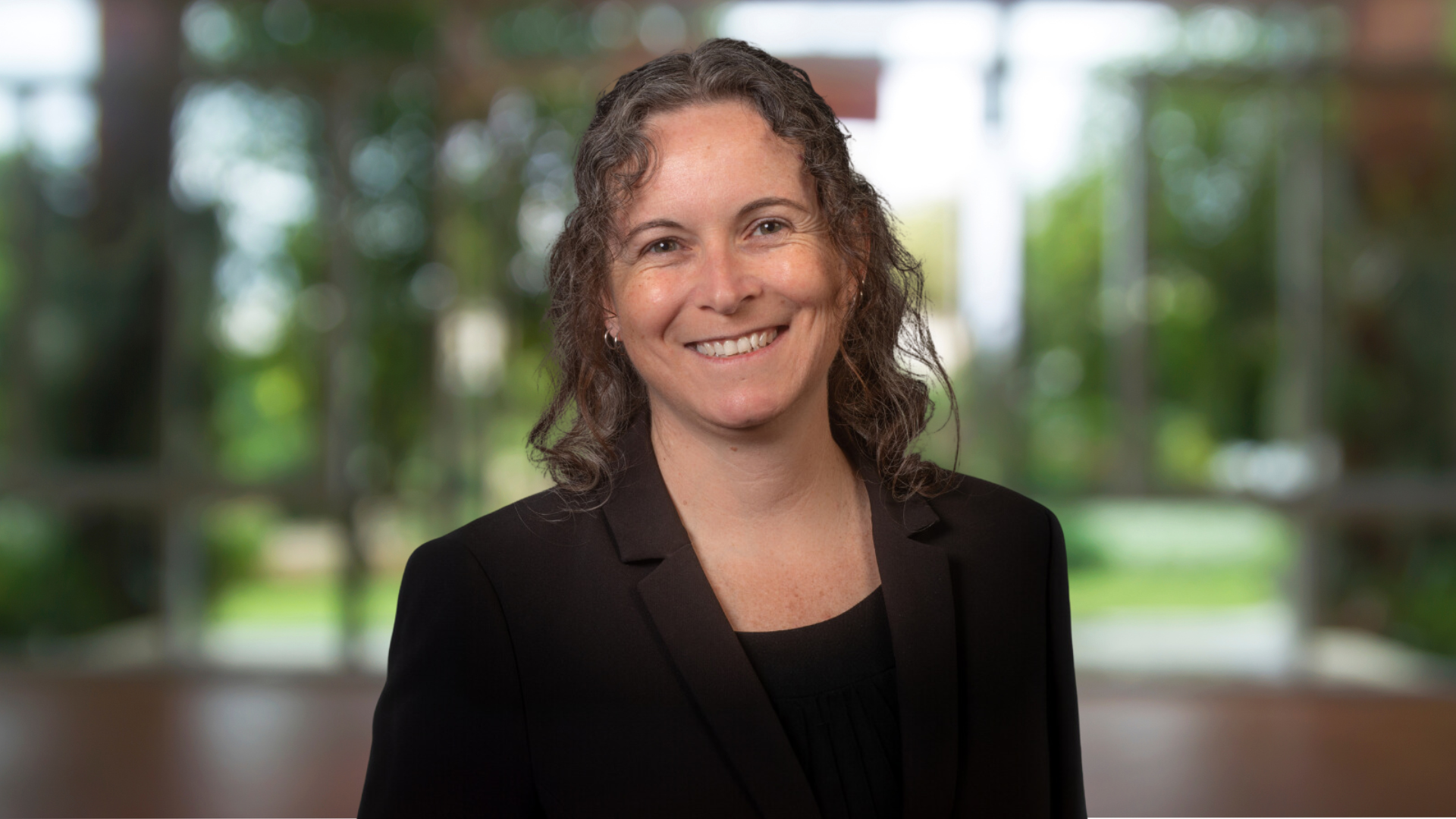FINANCE AND BUSINESS ECONOMICS MARKETING RESEARCH STAFF
Show me, don’t tell me: Why some franchisors are more open about their financial performance
May 2, 2018 ·
Contributed by: Sonia Verma, Manager, Strategic Communications

For many companies, disclosing detailed financial reports to a prospective franchisee is optional — and expensive. But the companies that do it are often a high-quality investment, DeGroote School of Business researchers have found.
If you were looking to invest upward of $50,000 in a business franchise, would you be more inclined to partner with a company that voluntarily shared information on its past financial performance?
Before potential franchisees invest a penny in a business opportunity, they usually look to several established “quality signals” — factors that indicate the quality of the company. A study by DeGroote researchers establishes a key quality signal: Voluntary financial performance disclosure.
In other words, a franchisor’s willingness to disclose financial performance reports is a strong indicator for prospective franchisees that the company is a high-quality investment.
It makes sense that the more information is available about a potential investment, the easier it is to make an educated decision. But even though it sounds obvious, disclosing detailed performance information about a franchise chain is costly and entirely voluntary, which means not every franchisor does it, says author and DeGroote PhD candidate Farhad Sadeh.
“There’s a lot of variation in the types of disclosure,” says Manish Kacker, Associate Professor, Marketing, and co-author of the study, published in the journal Small Business Economics. “You can choose to disclose nothing. Or some firms would choose to disclose just very aggregate info: Average sales and a range of revenues for all stores in a region, for example.
“And someone else could disclose something highly specific, like the costs, profits and revenues, broken up to show information for stores in specific locations, or in city centres versus stores that are near highways.”
And since firms with a poor performance are unlikely to voluntarily share that information, “only the better chains or those that offer a better opportunity provide this disclosure.”
For franchisors, the findings highlight the value of making this disclosure if the company is offering a good opportunity to potential franchisees.
“And for regulators, the key implication is that they should keep this as a voluntary disclosure rather than making it mandatory, because the voluntary nature allows it to serve as a key quality signal,” Kacker says.
For some franchisors, the voluntary disclosure is also vital part of attracting the right kind of franchise partners, Sadeh notes.
“We found that franchisors who have higher levels of qualification standards are more likely to use voluntary financial disclosures.”
That’s because companies that impose higher standards are potentially limiting the number of applicants, so they provide greater disclosure to enlarge the pool of high-calibre prospective partners.
“Sometimes franchisors have higher partner qualification standards — they ask for specific educational requirements, or a certain amount of experience,” Sadeh says. “If I’m a franchisor who expects a lot from you to be my franchisee, I should show you that if you become my franchisee you can make more money. With this kind of disclosure, I can tell you what my current franchisees are making, and that might motivate you to invest in getting those qualifications.”
Sadeh and Kacker’s research looks specifically at franchising — more than a million people work in Canada’s $68-billion franchising industry — but some of their findings can be generalized to other contexts where a potential partner must make an initial investment to join an organization.
“It could apply to sharing economy companies like Uber, where someone buys a car,” Kacker says. “It could apply to Airbnb where someone invests in renovating a condo or a house.”
The way these companies grow is by expanding their pool of contractual partners, so there’s increasing competition between rivals to attract high-quality partners, Sadeh explains.
“So if Uber wants to attract better drivers in better cars than Lyft, they need to show the driver that they can make more money with them than by going to a competitor,” he says. “It’s a clear parallel.”
The next two phases of Sadeh’s doctoral work will look at how voluntarily disclosing financial information affects a company’s performance, and at whether it would help to standardize the nature of the information companies disclose.
“This issue of whether to disclose and what to disclose can become a big problem,” Kacker explains. “A lot of conflicts between franchisees and franchisors are centred around these disclosures, and it is a key issue for both the franchising industry and public policy.”















